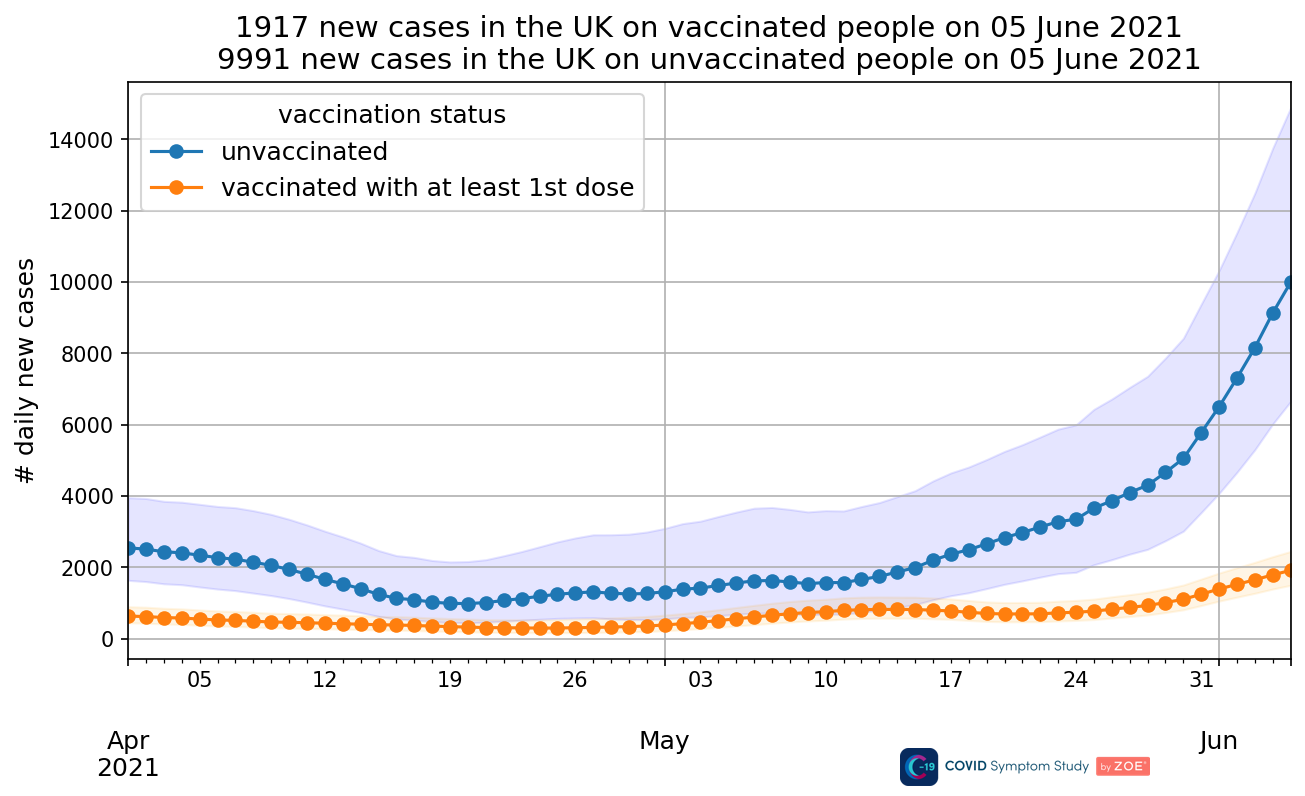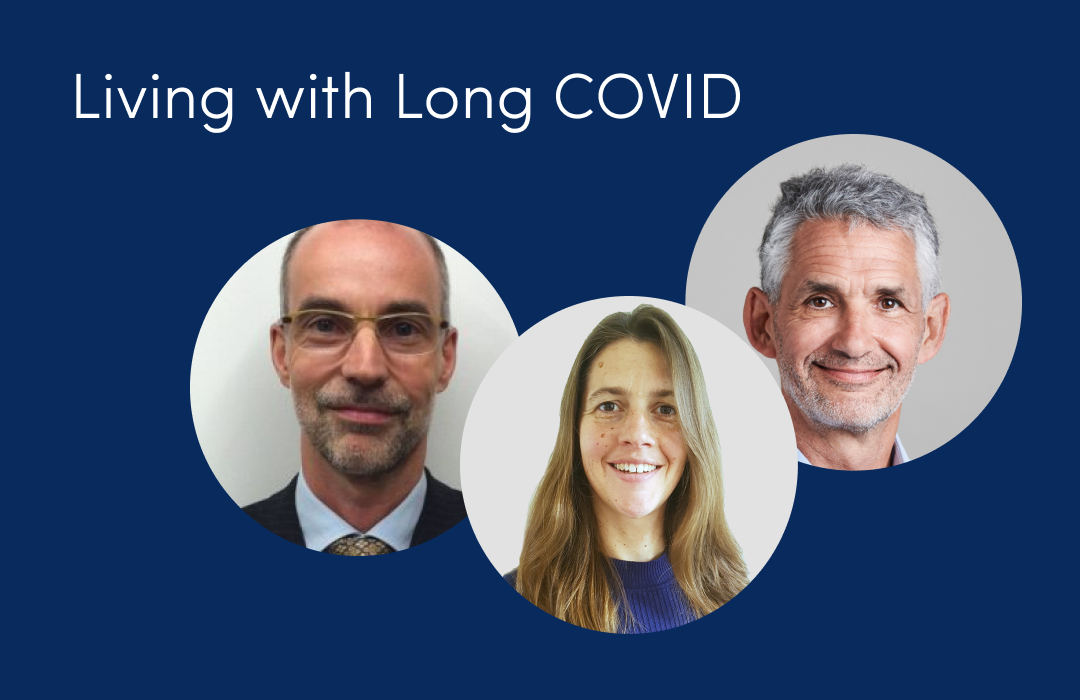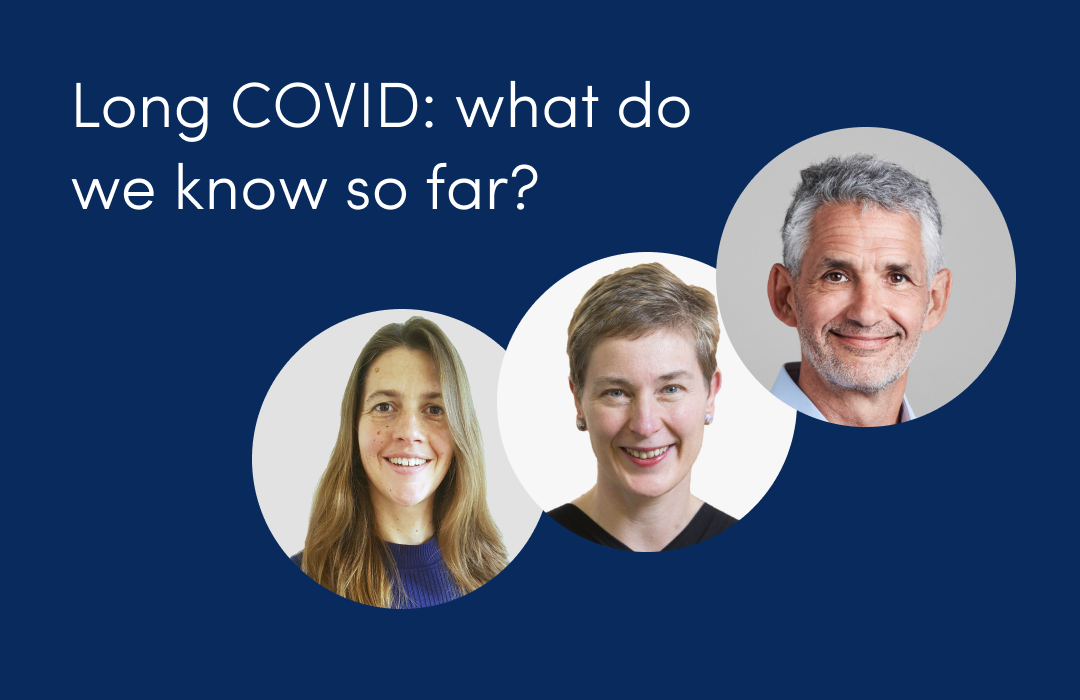
Cases rising rapidly among those with incomplete vaccinations
June 10, 2021

This article has not been updated recently
According to ZOE COVID Study figures, it is estimated there are currently 11,908 new symptomatic cases of COVID in the UK on average, based on PCR test data from up to five days ago [*]. This compares to 5,677 daily cases a week ago, an increase of 110%.
The cases are higher and increasing faster in the unvaccinated population in the UK. When the data is divided, it shows that there are currently 1,917 new daily symptomatic cases of COVID in vaccinated people, an increase of 89% from 1,014 cases, compared to 9,991 new daily symptomatic cases in unvaccinated people, an increase of 114% from 4,662 cases last week.
In terms of prevalence, on average 1 in 543 people in the UK currently have symptomatic COVID [1].
The UK R value is 1.3 and regional R values are; England, 1.4, Wales, 1.3, Scotland, 1.3 (full table of regional results below).
According to the prevalence data by age, cases have increased the most in the 20-29 age group and the 0-19 age group follows closely behind (see graph below).
According to our data, a small proportion of those who have been vaccinated still get infected. ZOE collected reports this week from 210 contributors who had an infection after two doses of the vaccine, and 182 who reported an infection after one dose. The following approximate risk factors for infection based on one, two or zero doses of the vaccination, have been recorded using the latest ZOE data:
Current risk of new daily COVID infection
- in the unvaccinated: 1 in 2,908
- after 1 vaccine dose: 1 in 7,091
- after 2 vaccine doses : 1 in 22,455
This data shows that when people have received both vaccinations they have much greater protection against COVID-19.
The ZOE COVID Study incidence figures (new symptomatic cases) are based on around one million weekly reporters and the proportion of newly symptomatic users who have received positive swab tests. The latest survey figures were based on data from 6,072 recent swab tests done between 23 to 5 June 2021. The data excludes the lateral flow tests.
ZOE COVID Study hotspot detection table - worst performing regions

Tim Spector OBE, lead scientist on the ZOE COVID Study app and Professor of Genetic Epidemiology at King’s College London, comments on the latest data:
“The COVID-19 situation in the UK has rapidly changed from one of the best performing nations to a nation again struggling with rising cases. Official confirmed cases are now around 7,500, which is the highest daily figure since late February. However, when you dig into the data, it’s clear that this is an epidemic among the unvaccinated and partially vaccinated populations in the UK and, due to the way vaccines have been rolled out, is largely affecting younger generations.
The rapid rise is likely down to two compounding factors; increased social interaction and a newly dominant variant that is much more transmissible. It’s no surprise that people are becoming fatigued with social distancing after a long 15 months of restrictions, which will only encourage the spread. The good news is that fully vaccinated people have much greater protection. Vaccines are working and we want to encourage people to exercise caution, especially if they feel at all unwell, until they’ve been fully vaccinated. The race is on to fully vaccinate the whole population to save lives and return to normal life”
The app is delivered in collaboration with King’s Health Partners, an Academic Health Sciences Centre based in South East London.
Daily new cases of COVID in UK by vaccination status

Incidence (daily new symptomatic cases)[*], R values and prevalence regional breakdown table

The ZOE COVID Study UK Infection Survey results over time

The ZOE COVID Study map of UK prevalence figures

The ZOE COVID Study daily active cases by region

Daily prevalence rates by age group












.png)


.jpg)














.png)







%202.png)
.png)


















.png)




%20(1).png)


